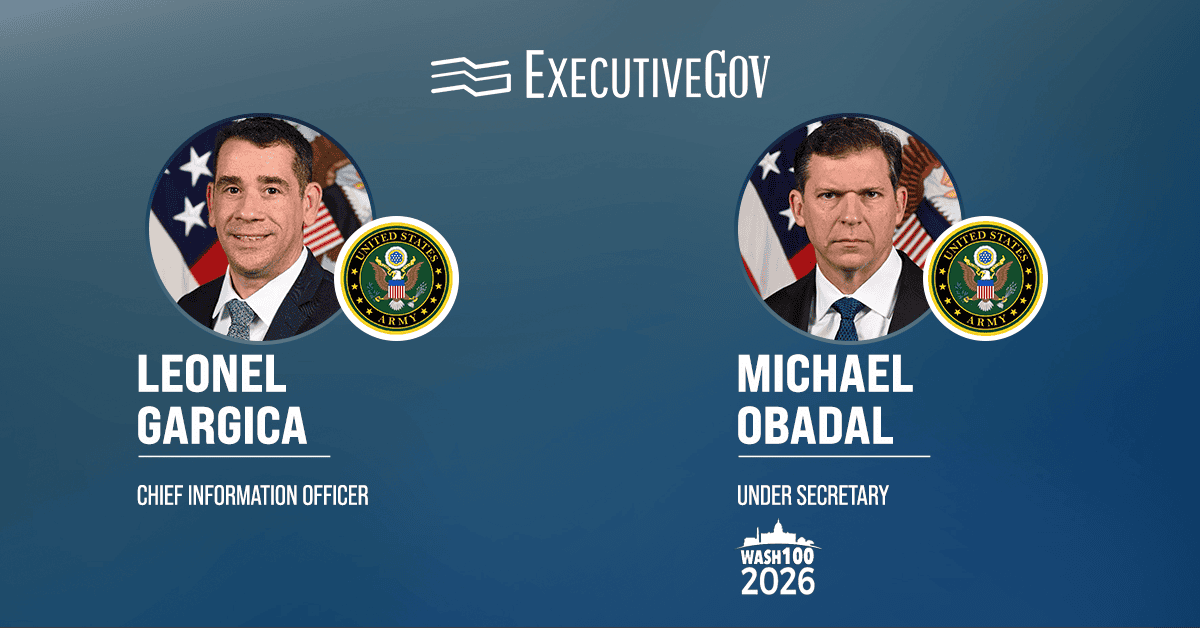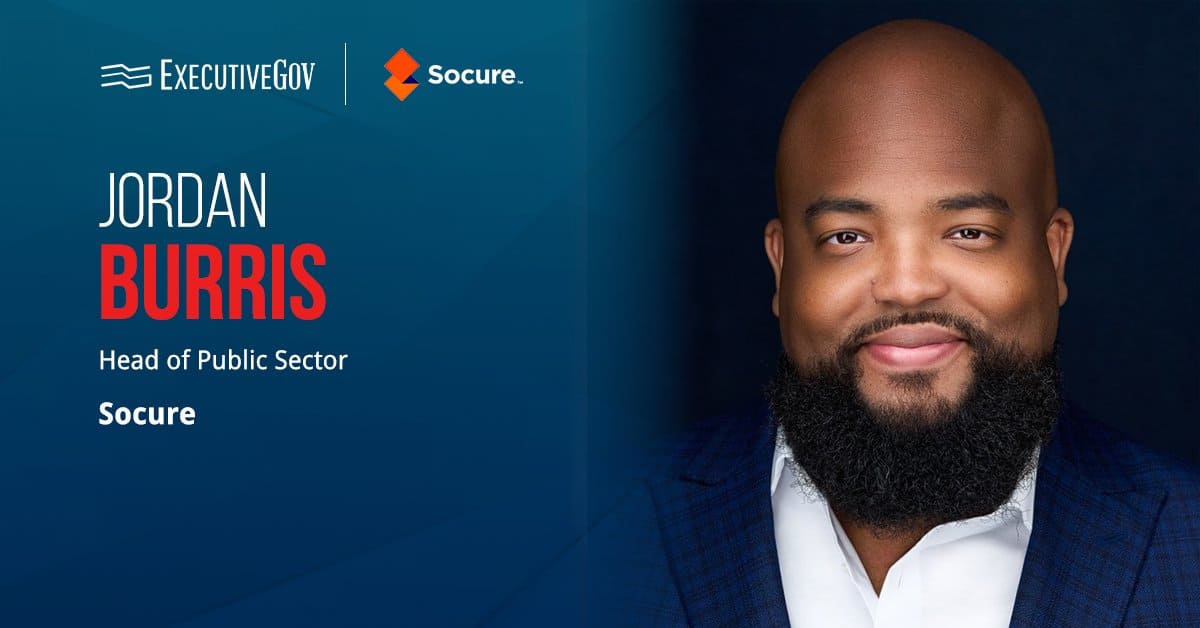Michael Miller has extensive experience dealing with collaboration with international parties. He is currently the director of the Defense Security Cooperation Agency, overseeing the execution of the agency’s security cooperation programs and collaborating with external partners to align DSCA’s efforts with foreign policy goals.
Miller will speak at the Potomac Officers Club’s inaugural GovCon International Summit on Oct. 10. This is the first-ever event of this global status, so be sure to secure your tickets now!
Table of Contents
Michael Miller’s Background

Miller was appointed director of DSCA in September 2024. Previously, Miller served as the agency’s acting director since Aug. 1, following the retirement of James Hursch, who served in the position since 2022. Before stepping into his role as acting head of the agency, Miller served as DSCA’s deputy director.
Prior to his current position, Miller served at the Department of State for over 24 years.
His last assignment there was working as the deputy assistant secretary of state for defense trade in the Bureau of Political-Military, or PM, Affairs. He managed the Directorate of Defense Trade Controls and the International Traffic in Arms Regulations that facilitate U.S. commercial exports and defense initiatives and services.
He also participated in a two-year foreign service assignment as the U.S. Embassy’s Economic and Commercial Attaché in Tripoli, Libya.
Here are some other roles that Miller has held throughout his career:
- PM’s Acting Deputy Assistant Secretary for Defense Trade and Regional Security
- Program Manager for the State Department’s Anti-Terrorism Assistance Program
- Special Assistant to the State Department’s Coordinator for Counterterrorism
- The Department of State Counterterrorism Policy Advisor for the Middle East region
- The Department of State’s Desk Officer for Oman and Yemen
About DSCA
The Defense Security Cooperation Agency aims to modernize U.S. defense and foreign policy interests by improving the capabilities of foreign partners so that they can face global challenges alongside the U.S.
The DSCA serves as a hub for security cooperation modernization for the national defense and foreign policy stakeholders so the U.S. can remain the partner of choice to international parties.
Michael Miller to Keynote GovCon International Summit
The Potomac Officers Club’s first-ever GovCon International Summit will showcase tenured government and industry officials with global experience to discuss how international partnerships, coalition warfare and technology modernization are evolving the defense landscape.
During Miller’s Keynote, he will address the DSCA’s foreign military sales, or FMS, initiatives, the agency’s strategic plan for the upcoming year and the nation’s continued support of the AUKUS security pact. Register for the event now to get insight into how the nation can stay ahead of competing adversaries.
FMS Priorities
In 2023, FMS reached a groundbreaking $80.9 billion, up 55.9 percent from $51.9 billion in the previous fiscal year. According to Miller, the agency “went after the hardest problem set that we could produce” so they could adhere to the systematic challenges throughout previous foreign military sales.
“We examined the FMS system and all its phases. We looked at past studies, we looked at every phase of the process, case studies of systemic challenges, had engagement with industry and we talked to our partners,” Miller said
“We’re far better organized through this work than we were before, in terms of rallying our implementing agency partners and the combatant commands,” Miller added.
2025 Strategic Plan Annex
DSCA released a strategic plan for 2025 to improve stakeholders’ relationships throughout the community in collaboration with the National Security Strategy, the National Defense Strategy and other programs. The agency aims to connect the security cooperation workforce under a joint mission, vision and values.
The plan outlines five goals, including aligning and integrating department security cooperation programs to advance partnering systems and acquisitions decisions for mutual benefit and improving the nation’s ability to nurture alliances.
AUKUS
AUKUS, a trilateral security partnership between Australia, the United Kingdom and the United States in the Indo-Pacific region, aims to develop joint military capabilities to advance security in all partnering nations.
The main goal of AUKUS Pillar 1 is to provide Australia with nuclear-powered submarines.
Although AUKUS Pillar 1 only included the three nations, Pillar 2 could be looking to see Japan and South Korea join the pact as the allied nations focus on sharing knowledge on emerging technology areas, including quantum, artificial intelligence, cybersecurity, undersea capabilities and other systems.





